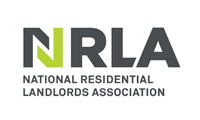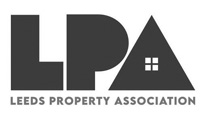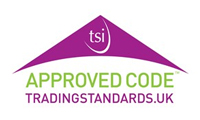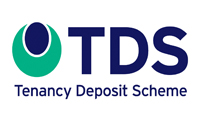Guide for New and First Time Landlords
21st January 2019
So you're thinking about becoming a landlord! Here's a quick run-down of what to expect.
Preparation
It's vital to establish whether letting your property is truly financial good sense. You need to take account of any improvements you need to make to the property, wear and tear and depreciation, and periods when your property is empty. There are also tax implications - rent is treated as income and can affect your tax band. There are also elements you can offset against this tax burden such as letting agent fees for landlords and maintenance costs.
If it's viable to proceed, remember that this property is not your home (even if it was once where you lived or a family member did) so don't decorate as though it is, but make sure your property is clean, complies with fire, gas, electricity and furniture regulations, and that if you're letting a furnished property you've got the right insurance cover.
Landlords and their issues
- Regular property checks are a legal requirement to ensure your property is safe for tenants and so you can see how things are going in there! These checks have to be recorded and you have to give at least 24 hours notice.
- You are required to have an EPC with a minimum rating of E
- You must carry out Right to Rent Checks on all tenants
- Your house might require a HMO licence or the house falls within a selective licence area
- Make sure your house has the correct planning. A big issue at the moment is the difference between c3 and c4 planning
- You should provide a tenancy agreement - if you don't you may find you can't get rid of a difficult tenant.
- It's usual to get a deposit (around 4-6 weeks rent) and you have to register this deposit with a government-approved Tenancy Deposit Protection (TDP) scheme.
- You should keep a detailed and up to date property inventory because this provides the evidence you need of there are any disputes over deposits or damage.
- If your property is without a tenant, you may find that you start to panic, and of course you're paying insurance and other charges without having income, which is why many people consider the letting agent fees for landlords a worthwhile investment.
- You may get emergency calls at the middle of the night. Which need to be acted on immediately i.e. leaks, lock outs.
How much do letting agents charge?
Many new landlords find that managing a rental property is more demanding than they thought, which is why they end up using a letting agent. Expect letting agent fees for landlords to be between 8.5 - 16.2% of the overall rental income profit.
Ready to rent? Why not give us a call today so we can help you move from first time landlord to seasoned veteran.
< back to news









